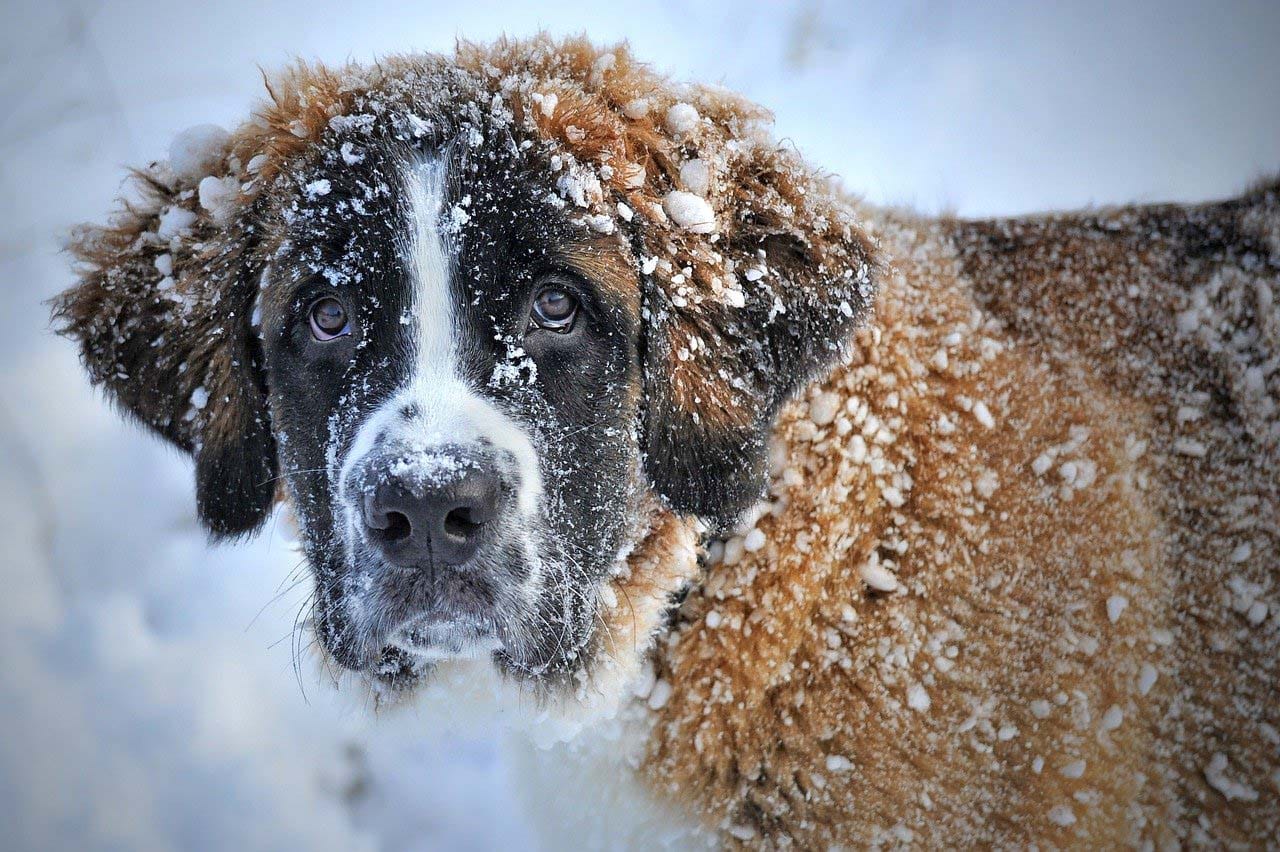We are seeing more and more cases of xylitol poisoning in dogs.
In 2016, more than 250 cases of xylitol poisoning in the UK were reported to the Veterinary Poisons Information Service, and there are likely many more unreported cases.
So we thought we would give you a few pointers to keep your dogs safe, particularly leading up to the festive season.
So what is xylitol? Xylitol is an artificial sweetener found in drinks, sweets, chewing gum toothpaste, peanut butter, cold and flu remedies and many more human foodstuffs and medicines. The most common type of xylitol ingestion is with chewing gum.
Just three pieces of chewing gum could leave a 30kg Labrador seriously ill.
In mammals, blood sugar levels are controlled by the hormone insulin which is made by the pancreas. The dog’s pancreas confuses xylitol with real sugar causing it to release more insulin. The insulin removes the real sugar from the bloodstream causing a dangerous drop in glucose levels.
Once xylitol has been ingested, the dog may develop symptoms within minutes although clinical signs can take anywhere from half an hour to up to 12 hours. The most common signs of xylitol poisoning are vomiting, lethargy, weakness, difficulty walking and collapse. Liver failure may occur in the very worst cases, in which case the dog may seizure or even fall into a coma.
If you are ever concerned your dog has eaten something containing xylitol please call your vet immediately. The vet would initially make the dog sick if they have eaten xylitol within two hours prior to arriving at the practice.
Treatment is intensive and may include an overnight stay. We would place the dog on an intravenous drip and monitor their glucose hourly.
We would also check their liver values and if needed prescribe liver support medication.
If treated quickly, the prognosis is usually good, unless the liver is affected.
If you have any questions about xylitol please feel free to give us a call at the practice.

Katie Love is a veterinary surgeon at St Vincents Veterinary Surgery, an independent practice offering personal care for all your pets. Katie has a keen interest in feline medicine and can be contacted at the surgery if you have any concerns about your pet’s health. To find out more visit stvincentsvets.co.uk or call the practice on 0118 979 3200 to arrange a visit and meet the team.
















































